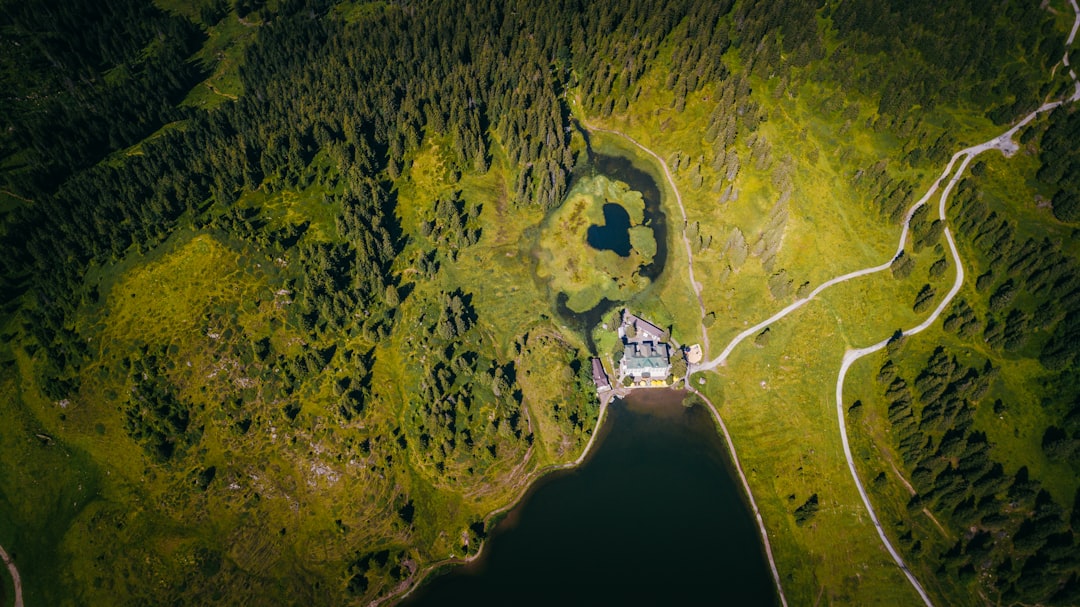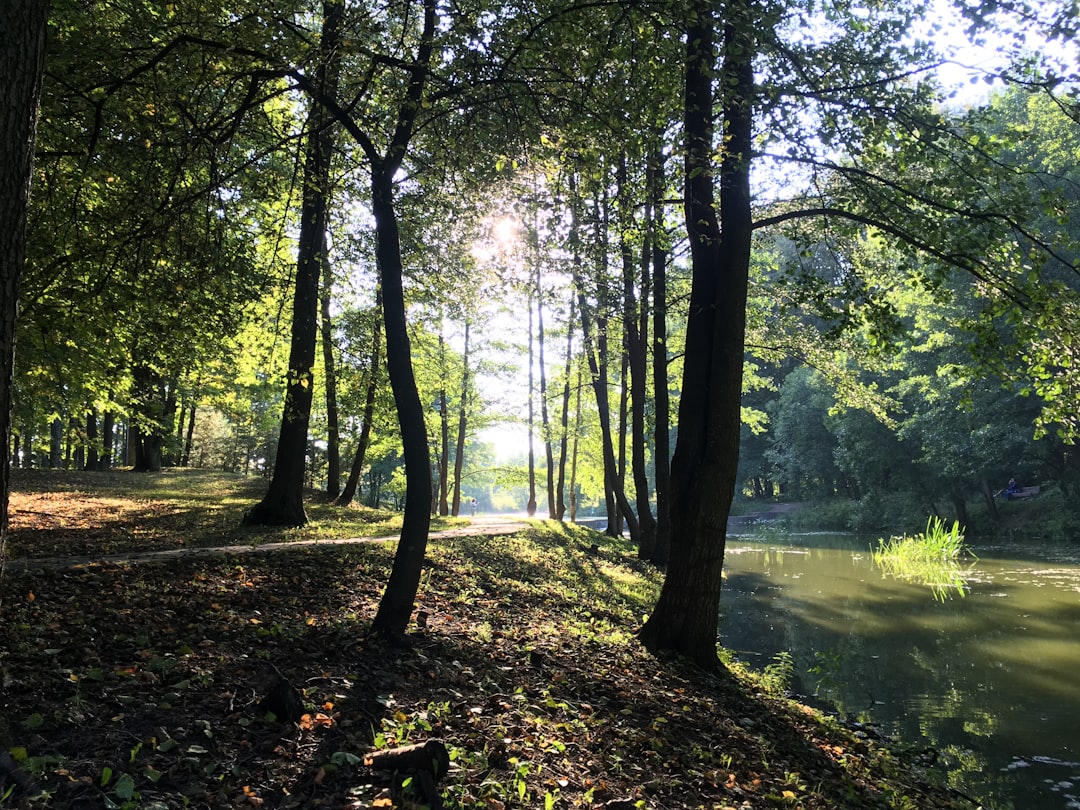Sell Idaho land for cash
Idaho's Growing Landscape
Idaho, known for its rugged beauty and agricultural prowess, has been witnessing an unprecedented transformation across its landscape. This transformation is driven by a significant influx of individuals and businesses attracted by the serenity and economic opportunities that the Gem State offers. As the population swells, the demand for residential, commercial, and industrial spaces soars, prompting a carefully orchestrated dance of urban and rural land management strategies.
The state is experiencing a surge in land development across its various counties, with hotspots around Boise, Coeur d'Alene, and Twin Falls. Urban sprawl is a topic of intense discussion as local municipalities grapple with the task of accommodating growth while retaining the state's cherished character. The balancing act is intricate, necessitating a robust framework for land utilization that embraces progressive development without compromising on the state's natural allure.
An emerging aspect of this growth is the emphasis on mixed-use developments that meld residential living with commercial and recreational amenities. This mixed-use approach is not only efficient in land use but also fosters communities where livability is enhanced, thereby creating a magnetic pull for a burgeoning populace.









